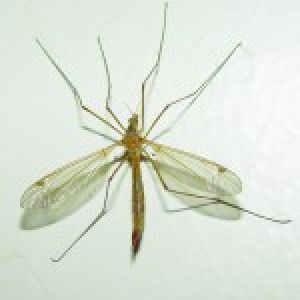Bulloch County urged to take West Nile precautions
October 24, 2012
Cold weather is approaching with no guarantee that the weather change will diminish threats of the West Nile virus or the cases of it around the U.S., including a recent case in Bulloch County.
“The mosquitos go dormant in the winter, and they’re are not as active. If there isn’t a cold winter, there can still be activity,” Roger Naylor, director of Public Relations for the Southeast Health District, said.
Mosquitos are attracted to warmer climates, and another rise may occur come spring, Naylor said.
“Because we live in the southeast, there is a warmer climate. There have been cases before in November and December,” Naylor said.
“Hopefully we will have a cold winter instead of a mild one so we can eliminate them,” Naylor said.
There is the expectation that there will be no more cases in Bulloch County because the oncoming colder weather will kill off the mosquitos, Naylor said.
West Nile virus was detected in Bulloch County late September.
This is the first case that has occurred in eight years in Bulloch County, Dr. Bill Irby, a professor in the department of Biology, said.
Although the case was reported in at the end of September, it occurred in early August. The primary reason for this is that it takes time to positively test for West Nile Virus, Naylor said.
The Georgia Department of Public Health reported 58 human cases of West Nile in Georgia with three deaths, according to a press release by the Southeast Health District.
The organization strongly urges residents to take precautions against mosquito bites.
Urban areas such as Savannah, Atlanta and Macon have shown have a higher number of cases than rural areas. This is due to older sewage systems, which are prime breeding grounds for carriers, Irby said.
If one were to live in this type of area, they could have contracted West Nile and not even know it, Irby said.
“The symptoms are very much like a common cold,” Naylor said.
Over 80 percent of those who have the virus have no symptoms while up to 20 percent show symptoms such as headache, body aches, nausea, vomiting and sometime swollen lymph glands or a rash, according to the press release.
“In very healthy adults, the likelihood of getting a full-blown disease presentation is very small,” Irby said.
The individuals who are at risk are small children and the elderly, due to their weaker immune system, Naylor said.
Irby said the highest number of cases of West Nile occurred in 2011 according to the Arboviral Summary by the Georgia Department of Public Health. More mosquitos were carrying the virus so the number of human cases went up. However, there is a lag effect from last year where there are still human cases seen.







